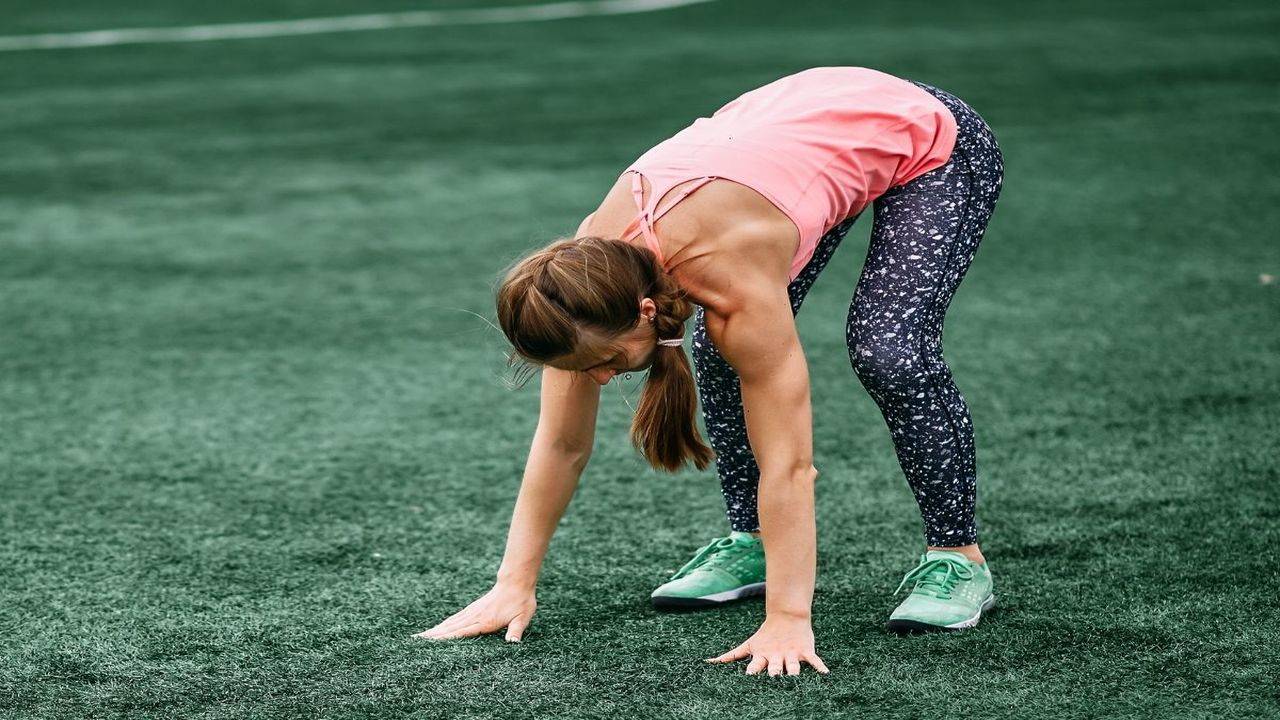Let’s get real for a minute—weight loss isn’t the same for everyone. And if you’ve ever wondered why men seem to drop pounds faster while women have to work twice as hard for the same results, you’re not imagining it. There’s real science behind it.
While both men and women face challenges when it comes to shedding extra weight, biology, hormones, and even everyday habits stack the odds differently. Women, in many cases, have a tougher time losing weight and keeping it off—not because they’re doing anything wrong, but because the game isn’t played on equal ground.
So, let’s unpack this in a simple, human way. Here’s why weight loss tends to be harder for women and what can actually help balance the scales.
1. Hormones Play a Big Role
Let’s start with the obvious—hormones. Women’s bodies run on a more complex hormonal system, especially when it comes to weight and fat storage.
Estrogen and fat storage:
Estrogen, the primary female sex hormone, naturally encourages fat storage, especially around the hips, thighs, and buttocks. This is part of the body’s way of preparing for pregnancy and childbirth. While that’s biologically smart, it’s frustrating when you’re trying to slim down.
Menopause and weight gain:
As estrogen levels drop during menopause, fat distribution shifts, often toward the belly. This can make weight loss feel like an uphill battle, even if your diet and routine haven’t changed.
Cortisol and stress:
Women are often juggling work, family, and emotional responsibilities. Chronic stress boosts cortisol, a hormone that not only increases appetite but also promotes fat storage—especially in the midsection.
2. Women Have Less Muscle Mass
Here’s a big one—muscle mass. Men naturally have more of it, and that gives them an edge.
Why does that matter?
Muscle burns more calories at rest than fat. This means men usually have a higher resting metabolic rate (RMR). So, while both sexes might follow the same diet, men are burning more calories around the clock—just because of their muscle mass.
What about women?
Women tend to have higher body fat percentages and less muscle overall. That makes the process of burning calories slower unless strength training is part of the mix.
Good news?
Building muscle through resistance training can absolutely help women boost metabolism and see better weight loss results over time.
3. Different Responses to Dieting
Believe it or not, women’s bodies respond differently to calorie restriction and dieting than men’s.
Here’s what studies show:
- When women drastically cut calories, their bodies respond by slowing down metabolism and increasing hunger hormones like ghrelin.
- In contrast, men tend to maintain more lean mass and keep hunger hormones in better check while dieting.
Why does this matter?
It means that women who go on strict diets often end up fighting against their own biology. The result? Frustration, cravings, and weight regain.
Tip:
Instead of crash dieting, women do better with a moderate calorie deficit paired with protein-rich meals, fiber, and consistent strength training. The slow-and-steady route works better in the long run.
4. The Monthly Cycle Affects Everything
If you’ve noticed that your cravings, energy, and even weight seem to shift throughout the month, you’re not imagining that either. The menstrual cycle can affect everything from hunger to motivation to water retention.
During the luteal phase (after ovulation):
- Many women experience bloating, fatigue, and stronger cravings for carbs and sugar.
- This can make workouts harder and sticking to a diet more challenging.
And let’s talk water weight:
Hormonal fluctuations can lead to temporary weight gain, which can be frustrating when the scale doesn’t reflect your hard work.
What to do:
Track your cycle and work with it instead of against it. Schedule intense workouts when energy is high, and focus on gentle movement and hydration during low-energy phases.
5. Social and Emotional Pressures Hit Women Harder
Beyond the biological side of things, women face a different set of emotional and social pressures when it comes to body image and dieting.
- Women are more likely to engage in emotional eating due to stress, sadness, or boredom.
- Diet culture and body-shaming messages are often more aggressively targeted at women from a younger age.
- Many women are caregivers and put their needs last, making regular meals or workout time harder to prioritize.
This creates a loop:
You feel pressure to lose weight, but you’re stressed, tired, and short on time. That stress makes it harder to lose weight—and the cycle continues.
What helps:
Realistic goals, support systems (friends, trainers, or online communities), and focusing on strength, energy, and health rather than just weight.
6. Men Lose Weight Where It Shows First
Here’s a psychological twist. Men tend to lose fat first in the belly and upper body—areas where weight loss is super visible. Women usually lose weight more evenly or from the lower body, which means progress takes longer to see even if it’s happening.
This visual delay can kill motivation, especially when women feel like they’re doing everything right but not seeing the reflection they hoped for.
The fix:
Track non-scale victories. Measure your waist, track how clothes fit, or focus on energy levels and mood. Don’t let the scale be your only progress tracker.
7. Sleep Affects Women Differently
Both men and women suffer when sleep is poor, but women may be more sensitive to the weight-related effects of poor sleep.
Less sleep means:
- Higher cortisol (fat storage)
- More hunger and sugar cravings
- Slower metabolism
- Low energy for workouts
Women also experience more sleep disruptions due to hormonal shifts and life stages like pregnancy or menopause.
Solution:
Prioritize sleep like it’s part of your weight loss plan. Stick to a consistent bedtime, turn off screens early, and create a calming nighttime routine.
How Women Can Work Smarter (Not Harder)
It might sound like the deck is stacked against women—but it doesn’t mean weight loss isn’t possible. It just means you need a strategy that works with your body, not against it.
Here’s what actually helps:
- Strength training 3-4 times per week to build muscle and boost metabolism
- Moderate cardio like walking, dancing, or cycling to support fat loss without overdoing it
- Balanced nutrition with plenty of protein, fiber, and healthy fats
- Cycle syncing your workouts and meals to match your energy levels
- Stress management through breathing, journaling, or light yoga
- Tracking wins beyond the scale—think better sleep, stable moods, more energy, looser clothes
FAQs: Women and Weight Loss
Why do women lose weight slower than men?
Because of differences in hormones, metabolism, and muscle mass, women tend to lose weight more slowly and less visibly than men.
What’s the best diet for women?
There’s no one-size-fits-all. But most women do best with a whole-food-based diet rich in protein, veggies, complex carbs, and healthy fats. Avoid crash diets—they often backfire.
Can lifting weights make women bulky?
No. Women don’t have enough testosterone to bulk up easily. Lifting helps tone the body and speeds up fat loss.
How do hormones affect weight?
Hormones like estrogen, progesterone, and cortisol impact hunger, metabolism, and fat storage—especially during menopause or high-stress periods.
Is cardio or strength training better for women?
Both help, but strength training offers long-term fat-burning benefits. Cardio is great for heart health and extra calorie burn.
Final Thoughts
Weight loss isn’t just a matter of willpower—it’s a combination of biology, habits, and mindset. And for women, it’s often more layered than it is for men.
If you’re a woman trying to lose weight and it feels like a struggle, know that it’s not just in your head. You’re not failing. Your body’s just operating under a different set of rules. But with the right knowledge, strategy, and patience, you can reach your goals without burning out or giving up.
Focus on feeling strong, sleeping better, and building habits you can actually live with. The weight loss will follow—and more importantly, you’ll feel better in your body and mind every step of the way.










